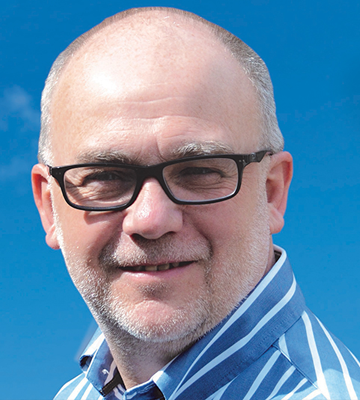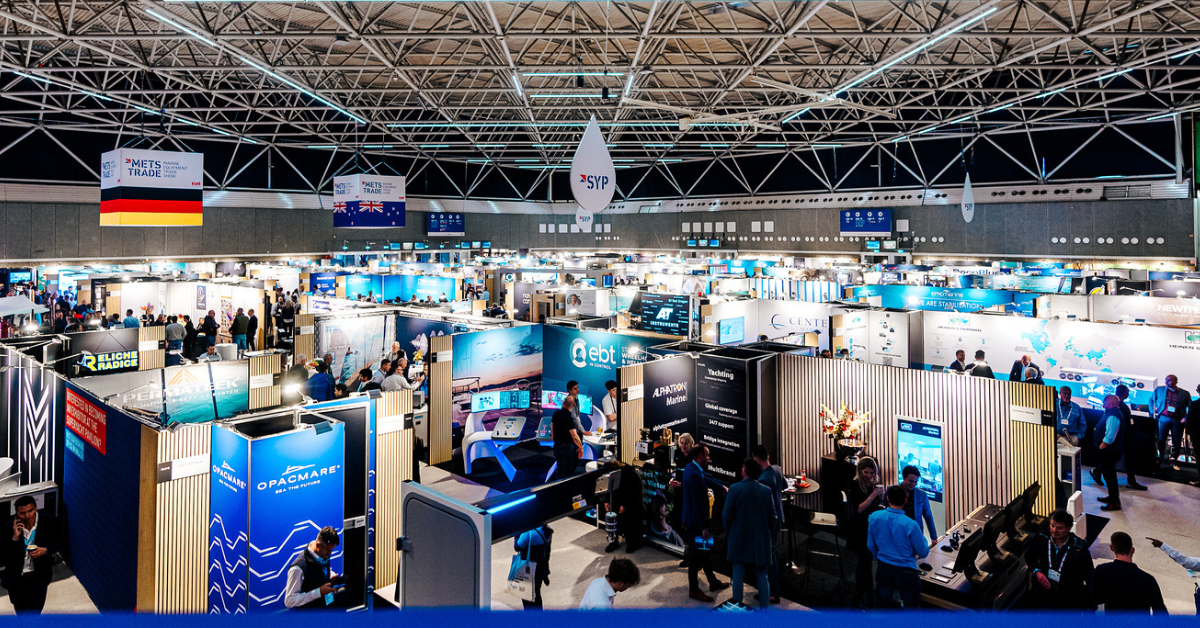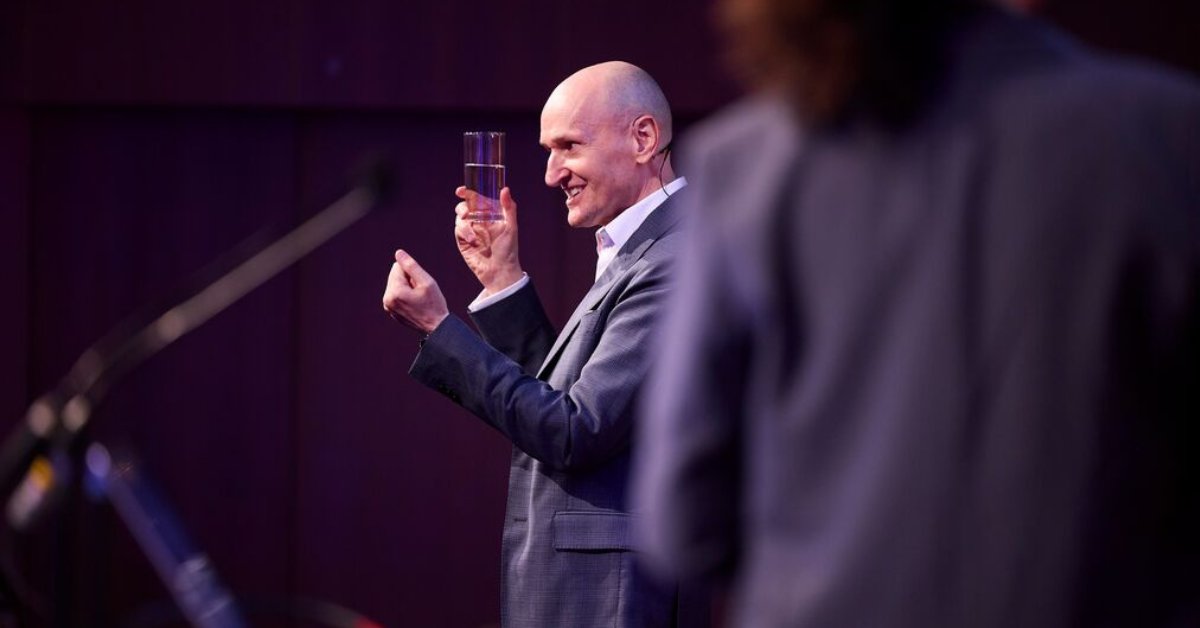New edition of superyacht emissions assessment tool
 Kim Hollamby
Kim Hollamby
METSTRADE partner, the Water Revolution Foundation, is releasing a new version of its Yacht Environmental Transparency Index for the superyacht sector at METSTRADE 2023 following in-depth analysis of hydrogen, eco-fuels and other emerging technologies. Kim Hollamby speaks with the Foundation’s Sustainable Design Specialist, Hanna Dąbrowska, to learn more.
In February this year we reported on how METSTRADE exhibitor OceanLED is proving the eco-authenticity of its latest products through certification on the Water Revolution Foundation’s Database of Sustainable Solutions. However, this is just one part of a multi-stranded approach by the Netherlands-based public benefit organisation to fulfil its mission of minimising environmental impact by using programmes and tools that are collaboratively contributed to by leading companies within the sector. The Water Revolution Foundation’s tools include:
- Yacht Assessment Tool to assist assessment of the environmental impact of superyacht designs, builds and refit projects;
- Yacht Environmental Transparency Index (YETI), which benchmarks the emissions impact of submitted superyachts against each other;
- Database of Sustainable Solutions – which offers a detailed and independently verified process to confirm the environmental credentials of submitted products, assessed across their complete cradle to grave lifecycles.
The overriding goal is to drive the superyacht industry towards carbon zero, leaving the smallest possible footprint on the environment.
Progress on YETI
YETI version 1 was launched at METSTRADE last year. Several leading shipyards are already working with it to benchmark their yachts and the Foundation is now engaging with brokers and other relevant parties to broaden its adoption. This tool evolved through taking much detailed input from partner shipyards, naval architecture studios and research institutes from which a database and mathematical model had been generated.
YETI calculates a score based upon energy use for propulsion, electrical demand and heat and indicates total operational emissions impact. Use while at anchor and on berths is considered – the average superyacht is estimated to cruise for 10 per cent of its lifecycle, with 30 per cent at anchor and 60 per cent in port.
Version 1 of this tool embraced traditional power sources, typically diesel, but work is now underway on the next development of YETI for launch at METSTRADE this year.
New version for emerging technologies
“Version 2 will include the latest generations of propulsion and energy generation with methanol and hydrogen,” the Foundation’s Sustainable Design Specialist, Hanna Dąbrowska, confirms. “It will also consider environmentally sourced fuels such as HVO. Our partner shipyards are increasingly working with these technologies now to make significant differences to lifecycle emissions or even eliminate them. This is important not just at sea but also in marinas and anchorages near small towns and cities to avoid adding pollution.”
“The Foundation’s role is to keep pace with these technologies as they appear so that we can accurately validate them. We connect the developers and engineering companies who develop these solutions with users – that’s where we are strong as an organisation.”
“Whilst the focus on reducing propulsion emissions is important, so too is seeking greater efficiency with equipment used for many more hours like HVAC systems. We are working with companies to identify solutions for reduction in energy consumption using tools and methodology that our partners have developed. With careful implementation of new technologies, it is possible to lower the power requirement of HVAC systems and hence the fuel or shore power they consume.”
Driving improvement ahead of legislation
“The YETI tool is complex, and the scope of assessment goes beyond the IMO limitations towards 2050. We can identify problem areas and therefore focus on improvements towards zero emission. Fuels, shore power, yacht systems and equipment, propellers, power demand reduction of propulsion and hotel function are life cycle assessed. The upstream (production and sourcing) as well as downstream (combustion in use phase) are calculated. We work not only with CO2 equivalent, but other environmental indicators like NOx and PM (Particulate Matter) through the lifecycle.”
“The industry can make big steps forward by combing lots of incremental improvements – then tools like YETI and the Database of Sustainable Solutions can quantify that change. Calculations are based on ISO standards and consistent for each submission.”
The future of assessment
“We believe that assessment of this kind will become obligatory in the future,” Hanna continues. “The processes of data gathering and validation within a sustainability framework take a long time. We push this work forward by persistence, defining pioneering guidelines and educative activities and embrace collaborations to increase the positive impact. There is a potential of using the marine industry as an example of change – we all need to be a part of the effort to drive a more sustainable future”
For further information, contact the Water Revolution Foundation.
Share your stories on leisure marine industry with us
Do you have an innovation, research results or an other interesting topic you would like to share with the leisure marine equipment industry? The METSTRADE website and social media channels are a great platform to showcase your stories! Let us know via metstrade@rai.nl
Are you a METSTRADE exhibitor?
Make sure you add your latest press releases to your Company Profile in the Exhibitor Portal for free exposure.


